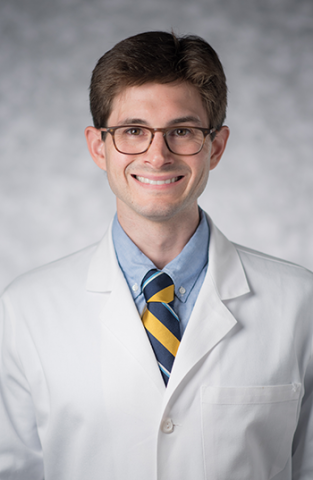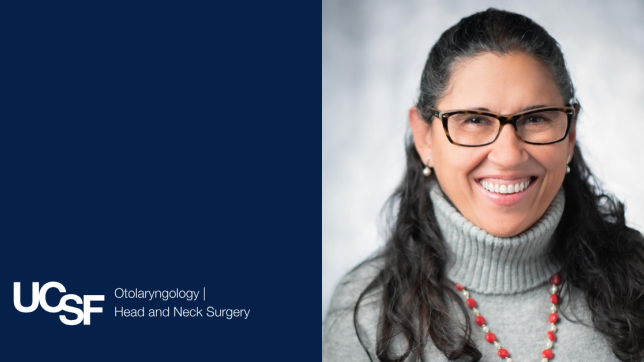
The Department of Otolaryngology – Head and Neck Surgery at the University of California, San Francisco (UCSF OHNS) is pleased to announce that Matthew Spitzer, PhD, associate professor in our department and the Department of Microbiology & Immunology, has been awarded an NIH R01 titled "Immune determinants from OED to OSCC by precision multiplex imaging." Dr. Spitzer will be principal investigator (PI) on this study and will collaborate with Kyle Jones, DDS PhD, assistant professor, Orofacial Sciences in the School of Dentistry at UCSF.
Oral and oropharyngeal cancers result in over 10,000 deaths each year in the U.S. Although oral squamous cell carcinoma (OSCC) patients with localized disease have survival rates of up to 80 percent, about two-thirds present clinically with regional and distant metastases associated with five-year survival rates of 50 percent and 35 percent, respectively. Despite advances in immunotherapy, the five-year mortality rate for OSCC has remained constant over the last several decades, underscoring the importance of early detection and intervention.
"Early pre-cancerous lesions in the oral cavity can be managed effectively until they become invasive, but at this time, we lack an understanding of the biological factors that contribute to or protect against progression," explains Dr. Spitzer. "In this study, we will use exciting new advances in tissue imaging - multiplexed ion beam imaging (MIBI) - that enables the measurement of many proteins expressed within individual cells to investigate the immune response to these tumors. From there, we will test the hypothesis that the types of immune cells present in pre-cancerous lesions and the activation state of these cells are major determinants of progression into invasive cancers."
MIBI technology, which we recently implemented with the help of an NIH Instrumentation Grant, uses antibodies conjugated to heavy-metal reporter ions to quantify up to 50 proteins simultaneously at subcellular (400nm) resolution in formalin-fixed paraffin-embedded tissues.
"Overall, our study will harness MIBI to answer fundamental questions about the immune response and to guide precise treatment decisions for patients with OED," says Dr. Spitzer.
The Spitzer Lab at UCSF is working to develop our understanding of how the immune system coordinates its responses across the organism with an emphasis on tumor immunology.




